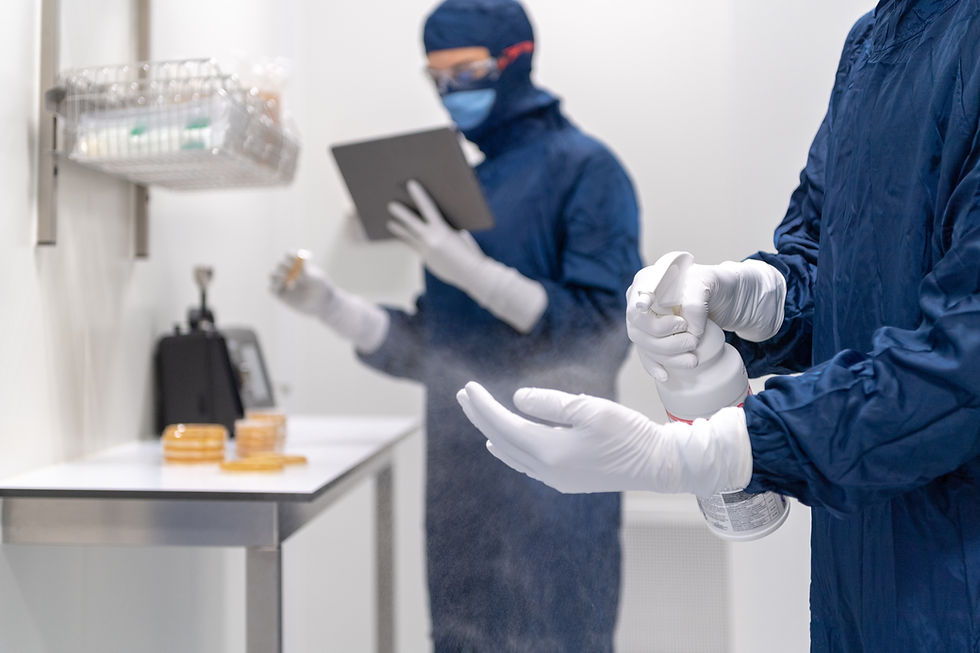
Machine Nation News Team
June 17, 2025 at 10:00:00 AM
The Johns Hopkins Applied Physics Laboratory Has Secured A Potential $388.8 Million Contract Modification From The Defense Advanced Research Projects Agency To Continuously Procure Essential Research
The Johns Hopkins Applied Physics Laboratory (APL) in Laurel, Maryland, secured a $388.8 million contract modification from the Defense Advanced Research Projects Agency (DARPA) on June 16, 2025, raising the cumulative value of its indefinite-delivery/indefinite-quantity contract to $1.1 billion. The cost-plus-fixed-fee contract supports research, development, and engineering services for advanced technologies, including artificial intelligence, quantum computing, and additive manufacturing, with work extending to November 2027. Building on a $515 million modification in May 2024, the deal facilitates the transition of DARPA projects from theoretical research to applied technologies for defense applications. The contract sustains 300 jobs at APL, contributing to Maryland’s 50,000-strong manufacturing workforce, and aligns with tariff-driven reshoring under President Trump’s 25% steel tariffs, enhancing domestic supply chains for a $5 billion defense technology market. APL’s partnership with the Naval Sea Systems Command (NAVSEA) on additive manufacturing further supports naval component production, reducing certification costs by 60%. Program Manager James Borghardt emphasized APL’s role in “turning research into mission-critical solutions.”
For the precision machining industry, APL’s contract underscores the critical role of workpiece rigidity in manufacturing defense components. Parts like prototype housings require CNC milling with high workpiece rigidity to minimize vibration, achieving tolerances within ±0.0005 inches and surface roughness as low as Ra 4 µin for advanced alloys. 5-axis milling machines, optimized for workpiece rigidity through secure fixturing, support automated production with real-time quality control. The contract’s focus on additive manufacturing and prototyping drives demand for local machine shops to supply precision tooling, adopting Industry 4.0 technologies like AI-driven milling and hybrid manufacturing. As part of a $50 billion precision manufacturing market, this project creates opportunities for suppliers in Maryland, where manufacturing jobs grew 2% since 2022, strengthening defense supply chains.
Source:
Johns Hopkins Applied Physics Laboratory Press Release, June 16, 2025
Source:
Social Media Buzz (powered by X):
X is buzzing about APL’s $388.8 million DARPA contract, with posts on June 17, 2025, calling it a “tech innovation boost” for Maryland. Users praised the 300 sustained jobs, with one noting “Laurel’s defense hub thrives,” while another tied it to “reshoring advanced tech.” Some expressed concern over funding cuts, citing APL’s lawsuit against DOD reductions. The sentiment reflects optimism for innovation but worry about budget stability.
What is the Workpiece Rigidity?
This is one of many key terms of our broad Machine Nation Essential Modern Precision Industries Guidebook (MPIG). Click here to get a copy straight to your inbox.
Workpiece Rigidity - The stability of a material during CNC milling, critical for minimizing vibration and ensuring precision in component production.
Why do we think that sustainability should be a core focus of your business?
At Machine Nation, we empower machine shops with cutting-edge insights, solutions, and technology to drive efficiency, precision, and profitability. From industry news to expert-driven strategies, we help manufacturers stay ahead in an evolving landscape. Partner with us to optimize your operations and shape the future of precision machining.
Related Tags:
#JohnsHopkinsAPL #DARPA #WorkpieceRigidity #PrecisionMachining #DefenseTechnology #Reshoring